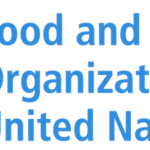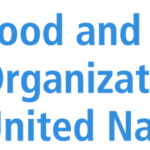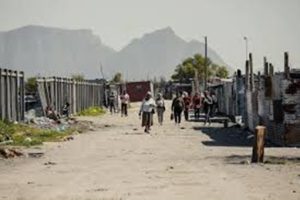As the world celebrates International Women’s Day, the focus inevitably drives to the question of women empowerment**. The United Nations theme “DigitALL: Innovation and technology for gender equality” reflects the fact that today more than ever, the world has gone digital, and seeks to explore the impact of the digital gender gap on inequality for women and girls.
According to UN estimates, women’s lack of access to the online world will cause a $1.5 trillion loss to the gross domestic product of low and middle-income countries by 2025 if action is not taken.

Beyond digital, a McKinsey study shows that Africa stands to lose an estimated $316 billion in GDP by 2025, if African women do not have access to finance. Financial inclusion is therefore high on the agenda of African countries and many are setting concrete targets for women’s financial inclusion.
AFAWA (Affirmative Finance Action for Women in Africa) is one of the many initiatives to bridge the financing gap facing women in Africa.
Afawa, in collaboration with The “BuyFromWomen” e-commerce platform, allows women farmers and members of women-led agricultural cooperatives in Cote d’Ivoire better access to local markets. Therefore, a better sale of their agricultural production at advantageous prices compared to other markets.
The manager of AFAWA from the African Development Bank was our guest on this episode of Business Africa. Esther Dassanou shared insights on the innovative approach AFAWA is taking to support the ecosystem of women entrepreneurship; including upskilling, them to be a better fit in the digital space.
Changing perspective on carbon credits
For two days, more than twenty countries representing the world’s major forest basins, members of the scientific community, local populations, and numerous business leaders met in Libreville, the Gabonese capital, to work towards the same goal: the preservation of tropical forests, including the Congo Basin.
France, Gabon, and other participants delivered their conclusions and outlined their projects in the Libreville Plan.
Commodity trade earnings reach $115 bn
Luck is what happens when preparation meets opportunity. Well, commodity traders hit a great deal of luck when the trade industry raked in a record profit of more than $115 billion last year as a result of fluctuating energy prices following the Russia-Ukraine conflict.
Source:https://www.africanews.com/




















Some really grand work on behalf of the owner of this internet site, utterly great written content.